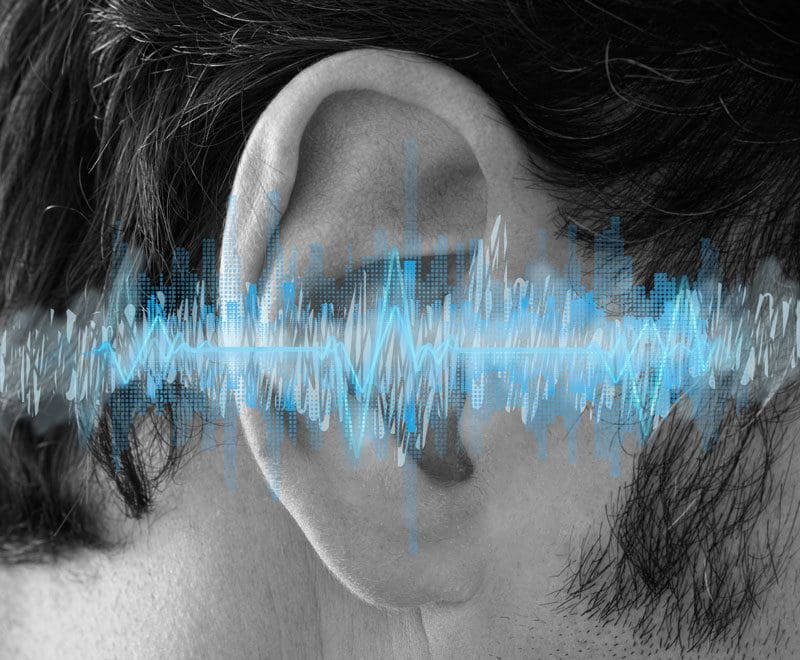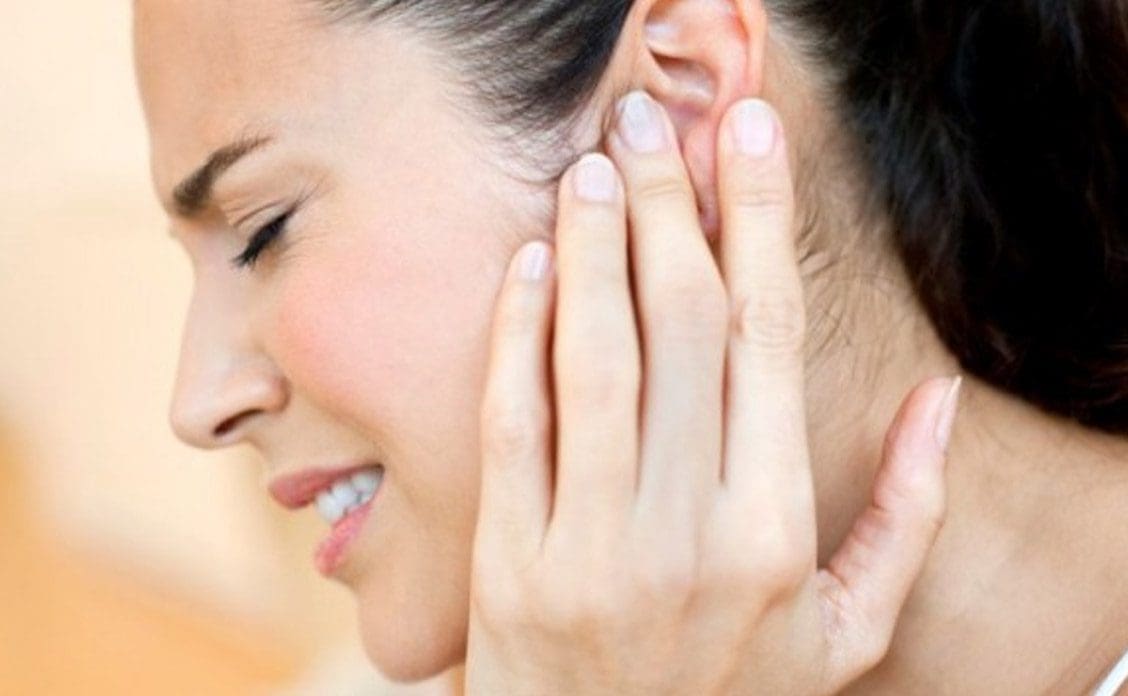
Tinnitus Relief.
Experienced by more than 15% of the UK Population, Tinnitus is a condition often described as a ‘ringing in the ears’ or ‘ear noise’ in which a person perceives sound that is not actually present in the environment.
Tinnitus can manifest itself as virtually any type of sound including ringing, whooshing, hissing, buzzing and whistling and can vary in severity.
Tinnitus can often have a significant impact on day-to-day activities and for many tinnitus symptoms can worsen to the point that getting a full night’s sleep is barely possible. It is important therefore that symptoms of tinnitus are addressed as it can affect overall health.





